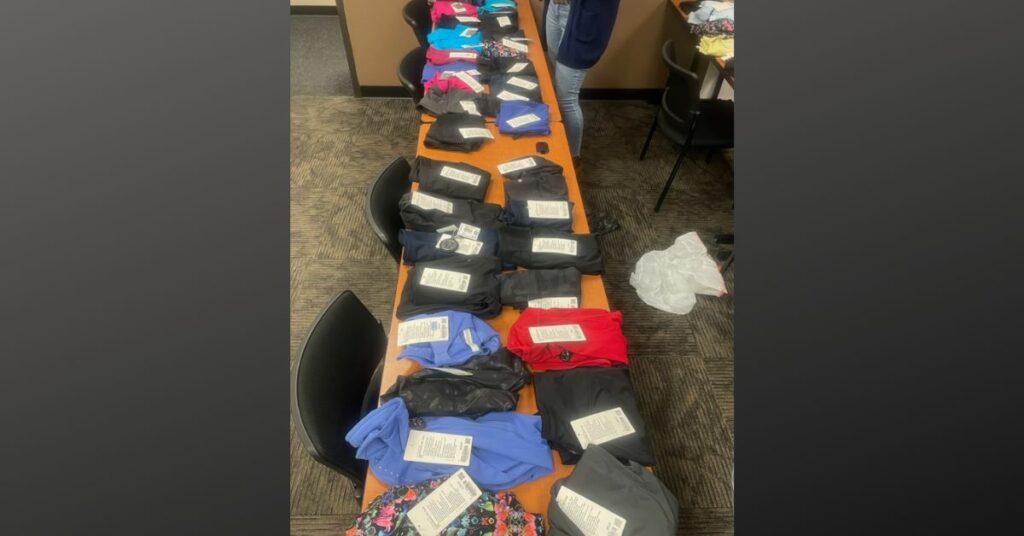Henrietta Lacks, a long-deceased cancer patient whose “immortal” cells have sustained biomedical research for decades, has reached a settlement with the manufacturer of laboratory equipment Thermo Fisher Scientific.
The Immortal Life of Henrietta Lacks, a 2010 book by Rebecca Skloot that was converted into an Oprah Winfrey-starring 2017 film, made famous the life of Lacks, a young African American woman who passed away in Baltimore in 1951.
HeLa Cells: A Gift to Medical Research
The HeLa cell line, which was the first to live and procreate indefinitely in a lab setting, has been extensively cultivated and used in a variety of medical research projects around the world, including the testing of the polio vaccine, investigations into the effects of radiation on human cells, and the creation of sickle-cell anemia treatment.
Lacks’ cervix was surgically removed at the Johns Hopkins Hospital in Baltimore to treat her cervical cancer without her knowledge. This tissue sample eventually produced the HeLa cell line. Lacks, age 31, passed away from the illness. It is predicted that 50 million tonnes of her cells have been created since then.
Lacks’ estate filed a lawsuit against Thermo Fisher in 2021 in federal court in Baltimore, claiming that Lacks’ family had “not seen a dime” of the profits the company had made from developing the HeLa line of cells, which came from tissue taken from Lacks without her consent during a surgical procedure in 1951.
The tweet below confirms the news:
Immortal cells: Henrietta Lacks’ family settle lawsuit over HeLa tissue harvested in 1950s https://t.co/xuQR1EhQMN
— Guardian news (@guardiannews) August 2, 2023
The agreement’s specifics were kept private. Thermo Fisher and the estate’s lawyers, Ben Crump and Chris Seeger expressed their satisfaction with the settlement in a statement.
Thermo Fisher, situated in Waltham, Massachusetts, was charged with unfair enrichment because, according to the case, it improperly commercialized Lacks’ genetic material.
The complaint claimed that “Black suffering has fuelled numerous medical advances and profits, without just compensation or recognition.”
Thermo Fisher’s earnings from commercializing HeLa cells were to be forfeited by the firm, and the estate had urged the court to prevent it from exploiting the cells without its consent. In court, Thermo Fisher contended that the complaint was filed too late and that the estate had not presented a strong case for unjust enrichment.
We’ll update you if this news changes. Visit our website Focushillsboro for the latest news on this issue.
- Portland Police Bust Suspected Drug Dealer With 3,500 Counterfeit Fentanyl Pills
- Oregon Wildfires Continue to Burn, Bedrock Fire Grows to 10,000 Acres





